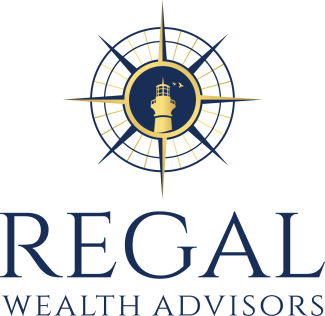Intellectual Capital: Your Most Valuable Assets
In his book, The Wealth of Knowledge, Thomas A. Stewart defined intellectual capital as “…talent, skills, know-how, know-what, and relationships—and machines and networks that embody them—that can be used to create wealth.” The four categories of intellectual capital are:
- Human Capital is the measure of your team’s talent. Developing your human capital should be your #1 priority.
- Customer Capital represents the value of your customer relationships. One indicator of high customer capital is a broad customer base with solid recurring revenue.
- Structural Capital is comprised of the company’s systems and tools that convert mental processes into transferrable property.
- Social Capital will most likely be your most important component of intellectual capital. In their book Execution: The Discipline of Getting Things Done, Bossidy and Charan define social capital as culture, brand, how teams work and communicate, and the daily rhythm of operations.
When business owners build high intellectual capital, their personal value to the business decreases, while the value of their business is optimized. That is, when your company has high intellectual capital, it does not overly depend on you for success which makes it far more attractive to a potential buyer.
At Regal Wealth Advisors, we believe that sound exit planning that strives to continuously grow business value is a crucial feature of our overall financial planning and wealth management services. We use the skills and knowledge of two Certified Exit Planning Advisors, Mike Zimmerman, President and Founder, and John Packer, Small Business Director to help you grow the value of small business owners’ most important investment. Mike and John are a uniquely equipped team with decades of combined experience in wealth management and small business consulting.
We invite you to contact our office at 717-838-3178 and schedule an appointment to learn more about how our exit planning process—a process that focuses on growing your intellectual capital--can become a crucial business strategy, and integral part of your life planning.

